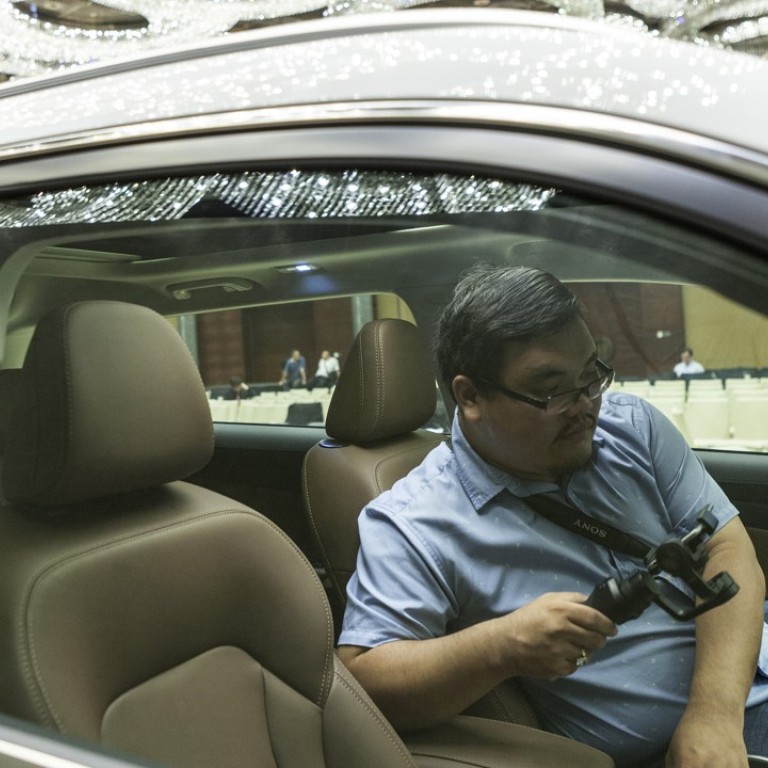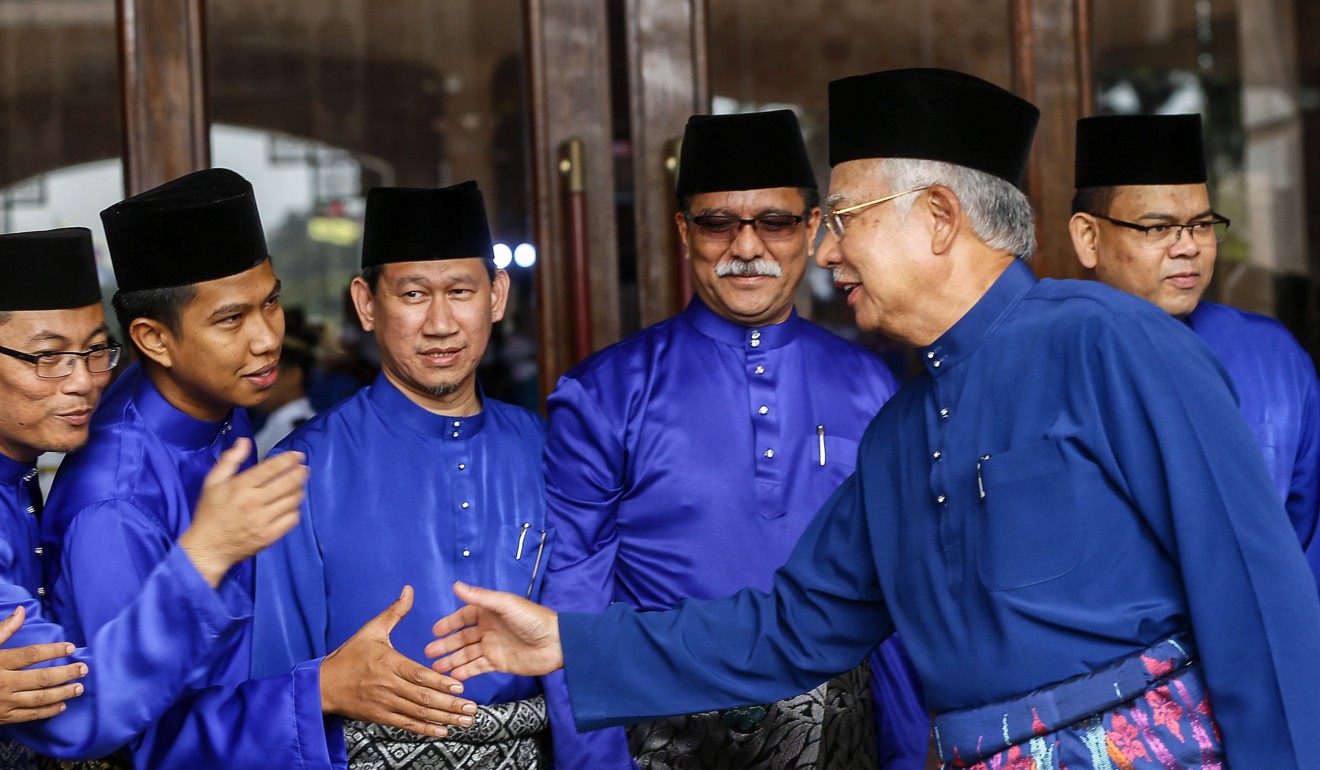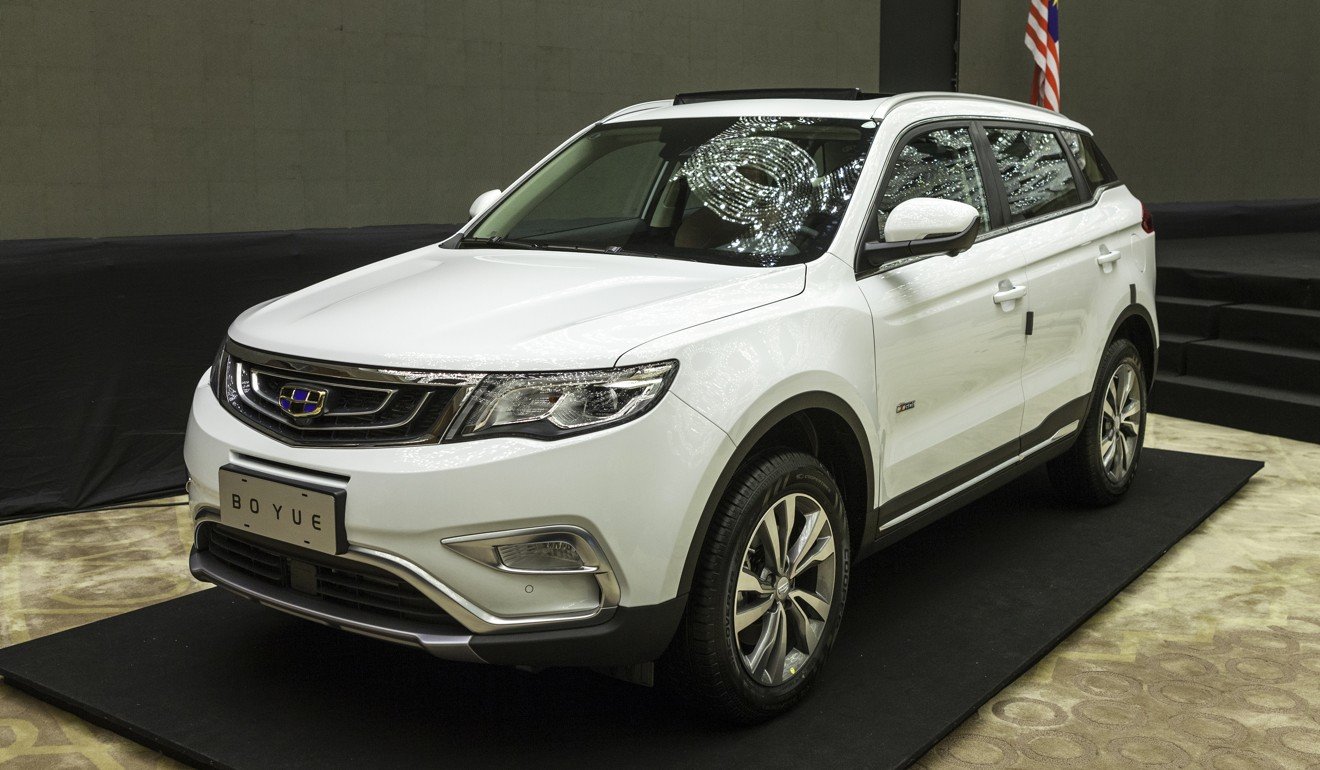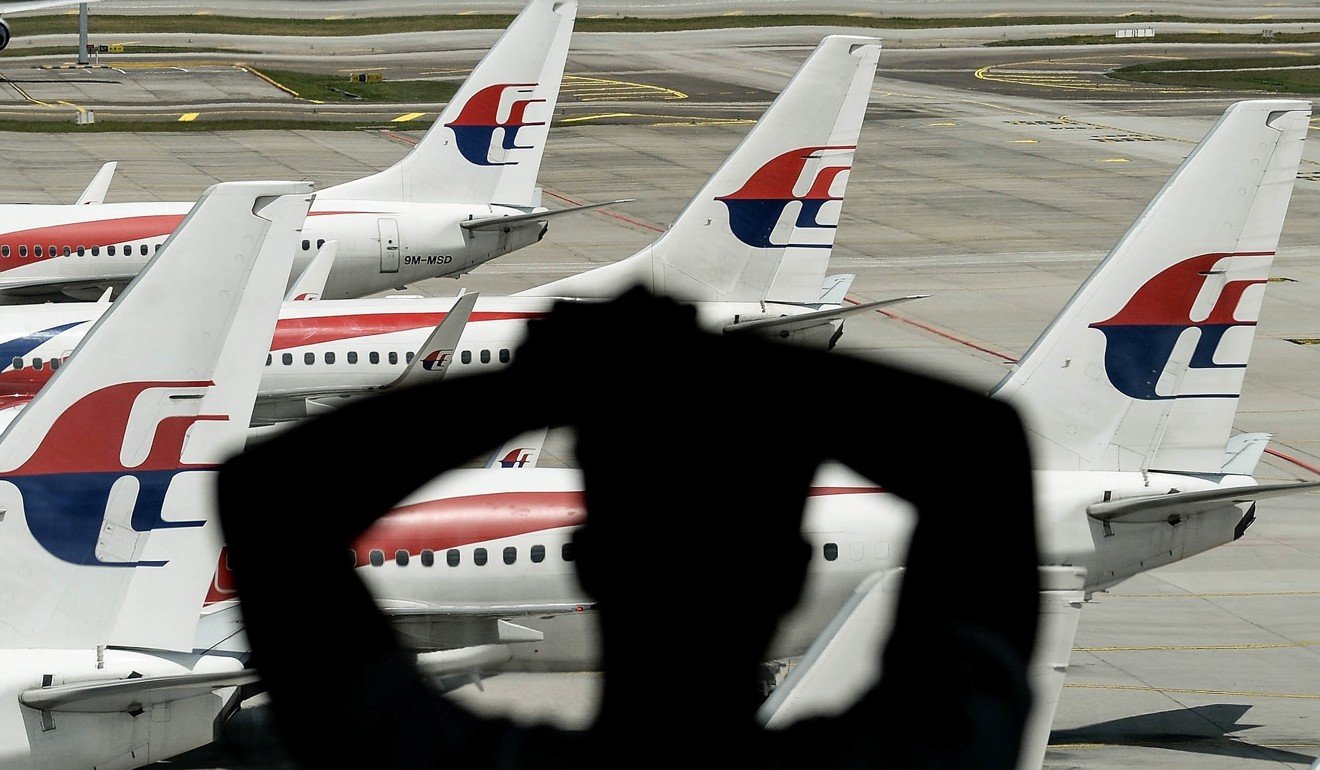
Did Najib sell Proton to Chinese because it was Mahathir's brainchild?
Touted by Malaysia’s former premier as his brainchild, the struggling state-linked car manufacturer is now almost half-owned by a Chinese firm, a life lesson in the perils of subsidising ‘national icon’ industries
The sale in 2017 was merely a precondition the government set to continue injecting funds into the embattled company, Najib said. “We have given loans, capital injection, and incentives,” the premier said at the launch of a new automotive research cluster in the Proton campus in the state of Perak.
“We made it a condition, though, if Proton wants to continue to develop, it has no choice but to choose a strategic partner.”

He added: “If people say that we don’t help Proton, then that is just lies.”
Najib’s comments were the most biting defence of the controversial sale amid signs Mahathir – the 92-year-old former premier now spearheading the opposition – is poised to make it a key issue in the coming general election. Mahathir in 2016 crossed aisles to take on Najib after declaring he had lost faith in the prime minister.
One of the political patriarch’s main grievances was that the prime minister – whom he hand-picked – was ceding too much control over the economy to cash-rich Chinese investors.
Apart from Geely, investments by Chinese-linked companies have surged in recent years, with much of the funds flowing to rail and port projects.
When the Geely deal was sealed last May, Mahathir lamented that Najib was selling the “child of my brain”, adding that the move was the “beginning of the great sell-out”.
The former leader’s criticism sat well with the country’s growing ranks of sino-sceptics, but a year on, neutral observers say they see nothing fundamentally wrong with the decision to hive off part of Proton’s equity to Geely – which owns Sweden’s Volvo Group.
Founded in 1983 by Mahathir as part of a massive push to industrialise the Southeast Asian economy, Proton’s fortunes have plummeted from the heady days when its vehicles made up nearly three quarters of new cars in the country each year.

In comparison to that 1993 figure, in 2016 only about 12.5 per cent of new cars on Malaysian roads were Proton vehicles. The sharp decline in sales was partly due to post-Mahathir governments stripping away tariffs on imported cars put in place to protect what the former strongman premier once described as a “symbol of national dignity”. During Mahathir’s turn as premier from 1981 to 2003, tariffs on imported cars were as high as 300 per cent.
The Proton Saga: why would Malaysia sell its ‘symbol of dignity’ to China?
Prior to the sale last year, Proton was forced to seek soft loans from the government to settle debts with vendors.
At its inception the company was a state-owned entity, but in 2012 it was privatised and put under the stewardship of DRB-Hicom, a conglomerate controlled by local businessman Syed Mokhtar Albukhary. DRB-Hicom has vast business interests with government linked entities.
Wan Saiful Wan Jan, a prominent Malaysian political commentator, told This Week in Asia the Geely sale made “great economic sense”, but that sentiment is not shared by industry insiders.
Dealers and vendors say the new Geely-led management is putting immense pressure on them to cut costs rapidly.
Last year the company’s top brass reportedly ordered local auto part suppliers to cut costs by 20 per cent within the year and by a further 10 per cent by the end of this year.
“There are no good reasons for the 30 per cent price cut to be applied across the board for all components,” one of Proton’s electronics parts vendors told This Week in Asia.
Proton should look into cutting its own “internal costs” before demanding suppliers follow suit, the vendor, who declined to be named, said.

A local Proton dealer, meanwhile, complained of a new “top-down management style” after the installation last September of Geely’s Li Chunrong as Proton chief executive.
Among the slew of changes directed by Li is that authorised Proton dealers must now take on additional roles of being “one-stop centres” that provide after-sales services, sales of auto parts as well as paint services.
Wan Saiful dismissed the complaints as “political comments”.
“These are people looking for protectionism … they have benefited from a system that does not care too much about economic competitiveness and therefore have bred unreasonable expectations,” he said.
Why Malaysia’s hopes for a post-racial politics are fading – even if Mahathir is not ‘anti-Chinese’
While the current government may have done the right thing by deferring to economic common sense with Proton, the proof of the pudding will be whether it adopts the same shrewd strategy with other embattled state-linked corporate outfits, Wan Saiful said.
Like Proton, Malaysia Airlines, another so-called “national icon” with links to the state, is struggling to be profitable. Observers say decades of state ownership are partly to blame for the airline’s lackadaisical corporate culture and bloated workforce.
The government has thus far resisted calls to sell off the national flag carrier to the private sector.
Said Wan Saiful: “The big lesson here is, you cannot turn what is supposed to be a business into a national icon. “It’s always a mistake for governments to enter into business and this [Proton] is a good example of it … once they got into the business, it’s hard to fix any mistakes without using taxpayer dollars.” ■

